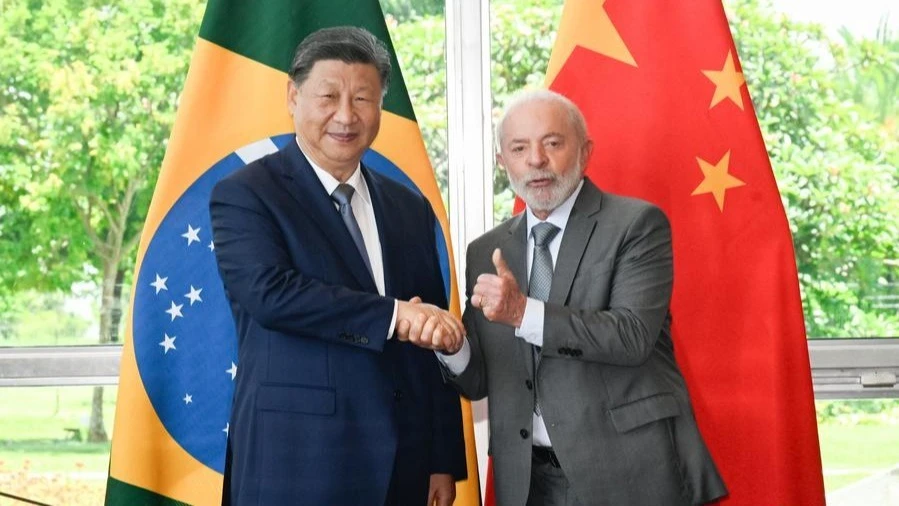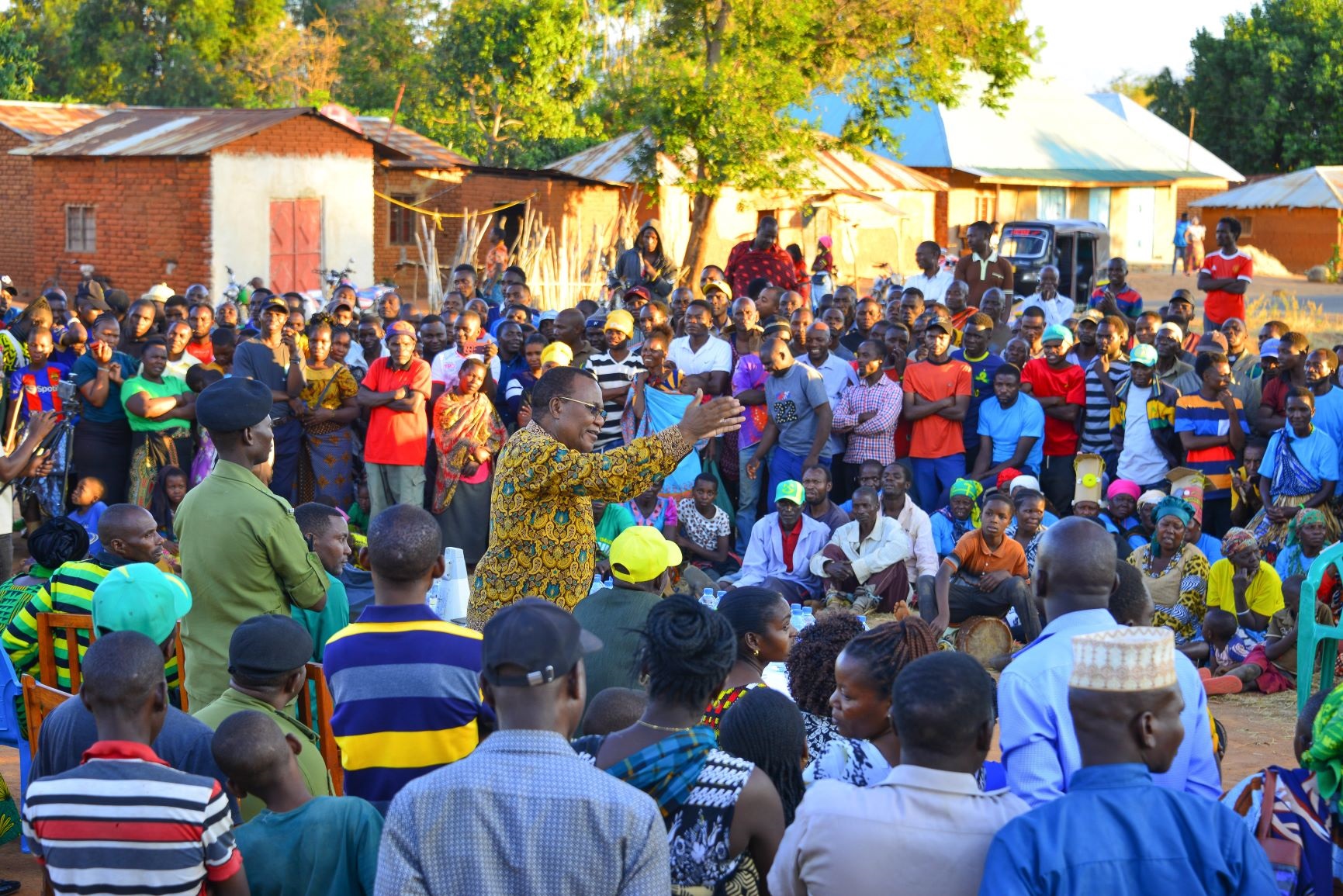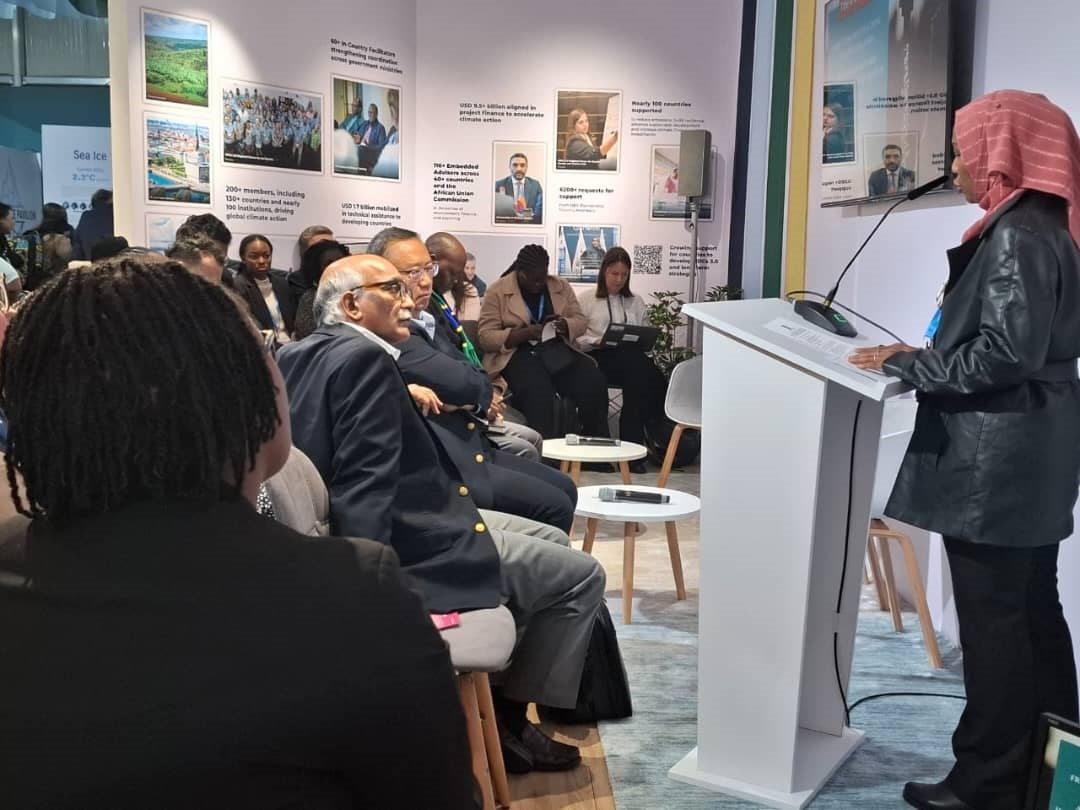Chinese visitors shooting up, as state unveils new documentary

THE number of Chinese tourists visiting Tanzania's tourist attractions has been on a remarkable rise since the end of the COVID-19 pandemic, the government has stated.
Hassan Abbasi, the Natural Resources and Tourism permanent secretary, told a news conference over the weekend in Dar es Salaam that 54,444 Chinese tourists visited Tanzania from January to September this year, eclipsing visitations recorded for all of last year.
"The Chinese tourist market is responding remarkably," he said, making the summation ahead of the Tanzania-China alliance in the tourism and culture event, marking 60 years of a remarkable diplomatic relationship.
Back in 2018, before the outbreak of the COVID-19 pandemic, about 32,000 Chinese tourists visited Tanzania, rising to 44,038 last year, in the wake of government efforts to seize the Chinese tourism market.
It has been conducting promotional events, including tourism roadshows in major Chinese cities, along with the launch in Beijing earlier in May this year of the ‘Amazing Tanzania’ documentary.
The film featuring President Samia Suluhu Hassan, Zanzibar President Hussein Ali Mwinyi and prominent Chinese actor Jin Dong has been a catalyst in attracting more tourists from China to visit local attractions, he said.
“Amazing Tanzania’ was to be relaunched locally on Monday at the tourism and culture event, going in tandem with exhibitions at the Julius Nyerere International Convention Center (JNICC) in Dar es Salaam, also an illustration of Chinese design, architecture, he stated.
Dr Pindi Chana, the minister for Natural Resources and Tourism said that local communities need to tap into the export potential of engineered wood products, particularly targeting international markets such as China.
At a meeting in Dar es Salaam yesterday with a Chinese delegation led by resident ambassador Chen Mingjian, she said that the new film builds on the earlier documentary featuring President Samia Suluhu Hassan, “Tanzania, the Royal Tour,” showcasing the fascinating tourism landscape.
The meeting was part of ongoing celebrations marking the longstanding diplomatic relationship between Tanzania and China, coinciding with the launch of “Amazing Tanzania” documentary.
Local communities need to increase tree planting, she said, highlighting that the effort supports environmental conservation and uplifts economic opportunities in selling wood products.
“Tanzania’s forest policy strongly supports local manufacturing, encouraging the production of ‘Made in Tanzania’ furniture and wood products,” she stated.
President Samia’s visit to China further strengthened bilateral cooperation, particularly in the growing demand for Tanzanian wood products such as marine boards, ceiling boards and plywood, she said.
China remains a steadfast partner in supporting Tanzania's development projects, including critical infrastructure improvements, she said, pointing at recent initiatives that have improved road access to major tourist destinations.
The more visible include the Ruaha and Mikumi national parks in Iringa and Morogoro regions respectively, making these areas more accessible to domestic and international visitors, she said.
“It is time to change our mindset and focus on engineered wood products, which have become a global business. We need to move away from selling raw wood or timber to optimise earnings,” she said.
In addition to exports of wood products, a significant increase in Chinese tourists with upwards of 54,400 visitors annually was being noticed, she said, underlining that this flow has led to an increased demand for Chinese language translators, creating new job opportunities for many who are learning the language locally.
The bilateral ties encompass technical cooperation, infrastructure development and trade, with China being Tanzania’s largest trading partner for eight consecutive years, with significant investments across various sectors, the minister noted.
Projects such as KEDA Ceramics, Huaxin Cement’s Maweni Limestone and Wangkang Float Glass have each attracted investments exceeding $100m, generating numerous jobs and bolstering the country’s economy. Through collaborative efforts, Tanzania and China are building a future of shared growth and prosperity, she added.
Top Headlines
© 2024 IPPMEDIA.COM. ALL RIGHTS RESERVED





















